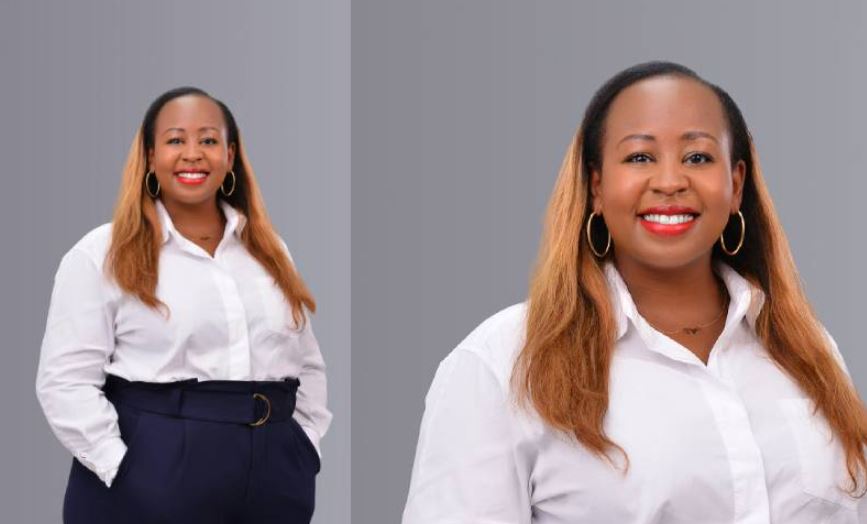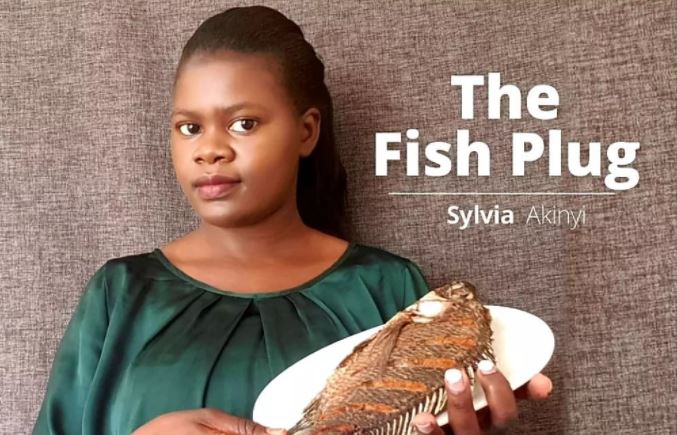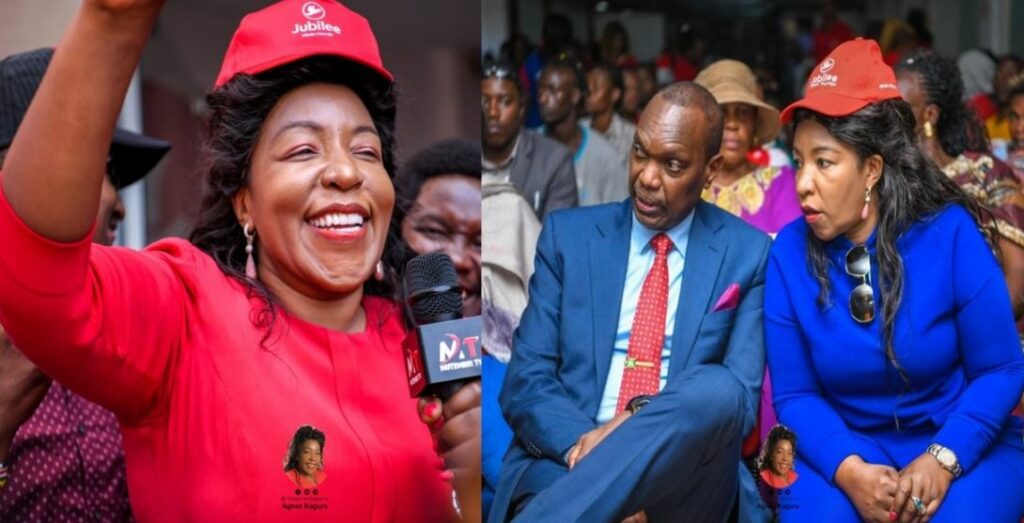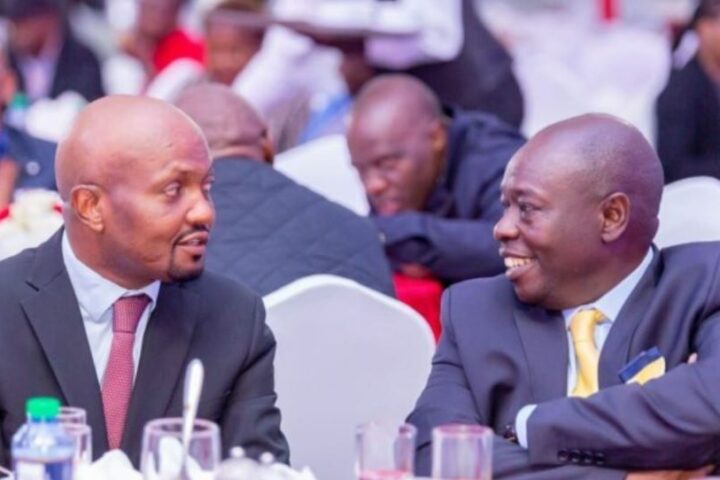 Njeri Wagacha is a corporate lawyer specialising in Mergers and Acquisitions, Private Equity and Employment Law. She is a partner and head of East Africa for the Industrials, Manufacturing and Trade Sector at commercial law firm, Cliffe Dekker Hofmeyr (CDH).
Njeri Wagacha is a corporate lawyer specialising in Mergers and Acquisitions, Private Equity and Employment Law. She is a partner and head of East Africa for the Industrials, Manufacturing and Trade Sector at commercial law firm, Cliffe Dekker Hofmeyr (CDH).
What encouraged you to take on this specific field?
I always thought I would be a human rights lawyer. Nelson Mandela was released from prison on my birthday and the explanation of why it was “such a big deal” really affected my understanding of the world. I now understand that economic empowerment is a human right and being a corporate lawyer enables me to provide a service that in the best cases directly affects our economy. That is rewarding.
Did you face any challenges in your journey to becoming a legal practitioner?
I have applied and been rejected from roles I thought were the “be all and end all”. They were not. During the 2008 recession, the job I had secured was delayed for a year, which in turn delayed the timing of my qualification as a solicitor. I look back and say, everything happens the way it should and take comfort from that.
What advice would you give to women who would like to take this career path?
I will sound like a broken record to many of my mentees, but I always say as a member of a team, you need to add value. So take the time to learn everything you can when you are a junior lawyer so that when you are a senior, you never ask someone to do something, you yourself have never done. Working in legal practice may require you to go from photocopying and binding documents one minute, to negotiating an agreement and drafting amendments the next. Each task has its place and if you know how to do it all, you cannot be caught short.
Just how does one stand out as a junior?
Always, challenge yourself into speaking. Many times as a junior, I felt I had something to say or a question to ask, but was intimidated. I started challenging myself to at least make one contribution by the end of any meeting. It bolstered my confidence because most of the time, I asked something that someone else was thinking.
That means it is fine taking on a mentor?
Of course, it is part of speaking out. Take on a mentor or reverse mentor a senior. It will make it much easier to understand the issues lawyers are facing and in turn, see how you can contribute to making things better or put yourself in the shoes of someone else. Empathy is key. Have an authentic connection. Lawyers are in the service business. People buy services from people they like.
Speak on attitude issues when it comes to women seeing themselves as the ‘weaker sex’.
As women, we must know there are always going to be factors that are out of our control. Societal views and patriarchy are always going to be something to contend with. But there are ways to overcome this. The minute you realise you can only get validation from yourself, you begin to set yourself on a path that works for you. Be true to yourself and those around you; it starts with knowing who you are and who you want to be. I know it is easy to be reserved, but as women, we need to strive to be open.
What is the current state of gender equality in the legal sector in Kenya?
Although our Constitution promotes gender equality, gender-neutral policies sometimes do not deal with the unique challenges women face such as the responsibility of the family, which often times falls on women. Stereotypes also frequently allow men greater freedom than women to mingle, self-promote and form allegiances. Only when these are addressed can we truly achieve equality. This also speaks to most professions – not just law.
Tell us more about the power of mentorship to uplift women?
I am a mentor because I did not have one when I was a junior lawyer. Sometimes you need a sounding board, someone to share with who is impartial and will give you a common-sense answer. It is a privilege to share a mentees’ confidences and it is in these confidences a woman can blossom – not only because she knows she is valued, but because she knows someone is supporting her. There is no greater gift than having someone in your corner in a profession that can be cut-throat.
Credit: Achieving Woman








